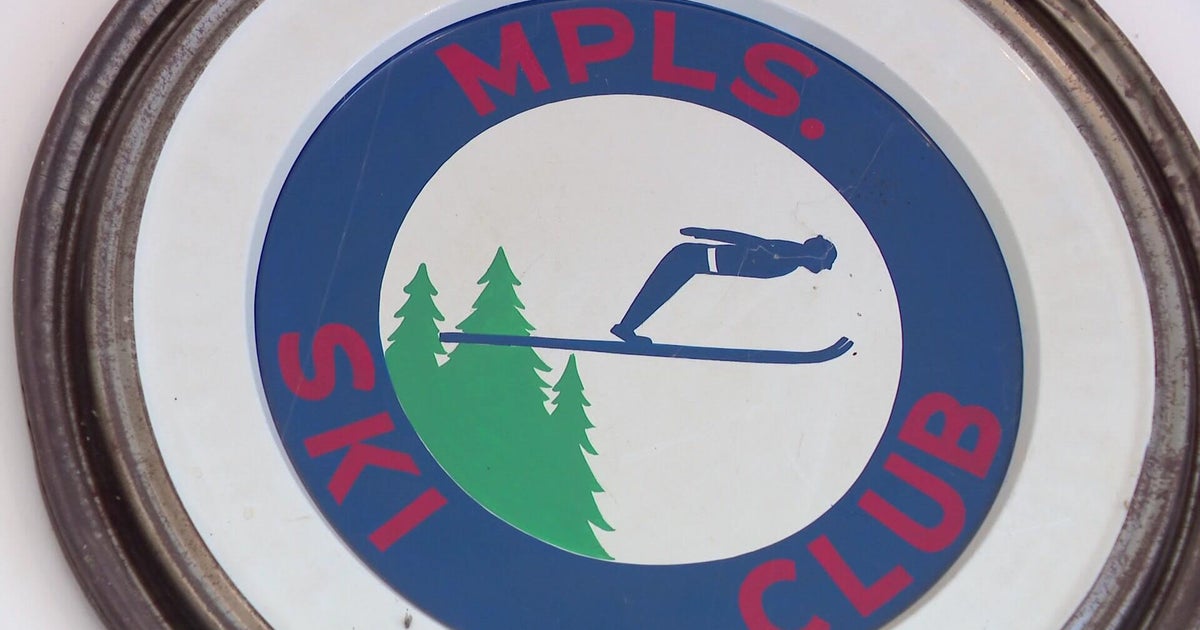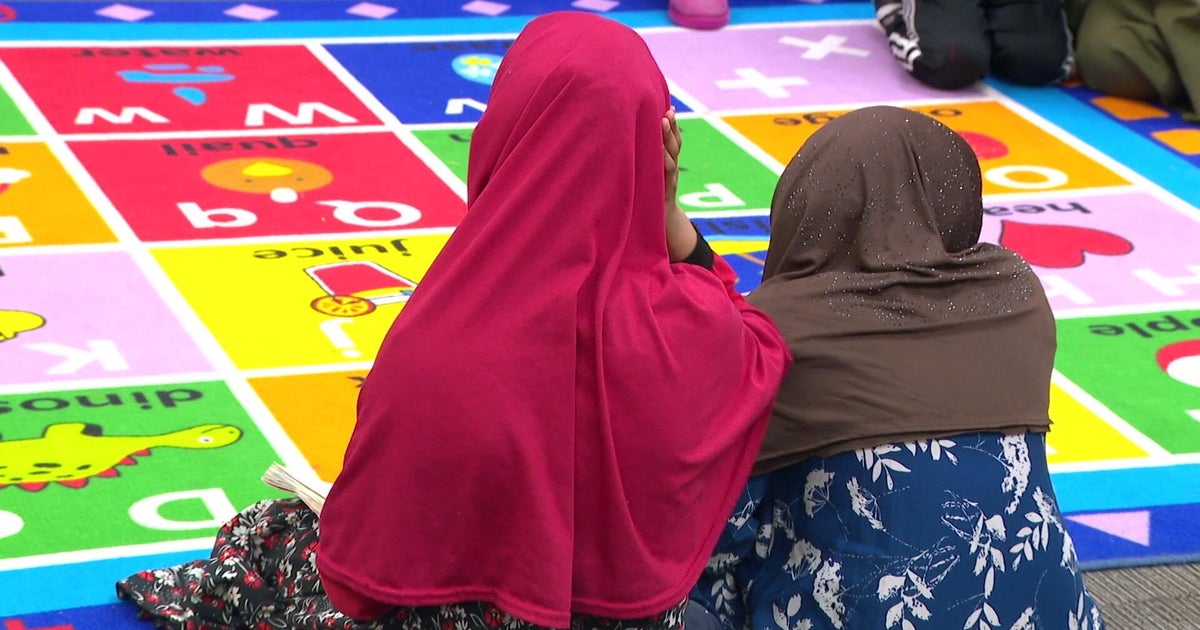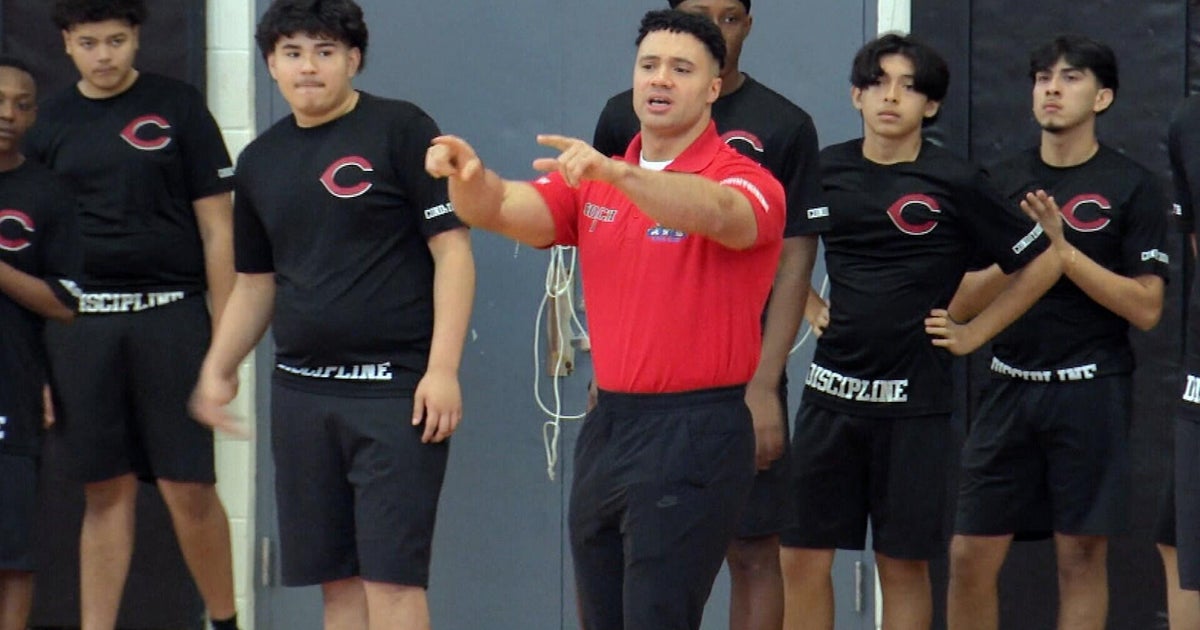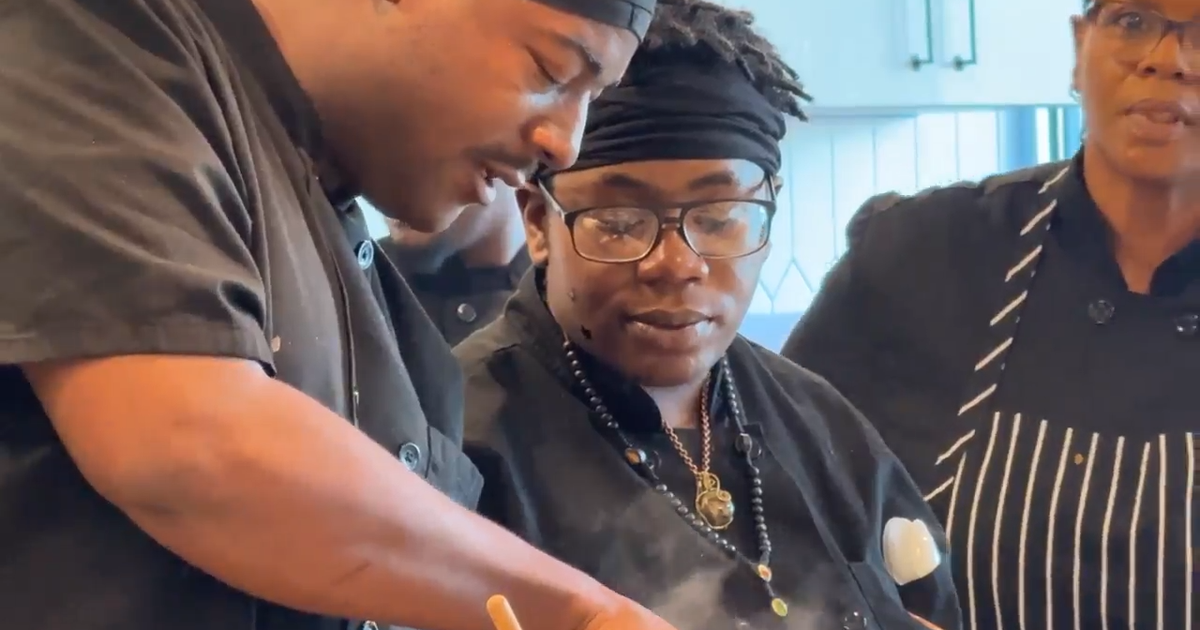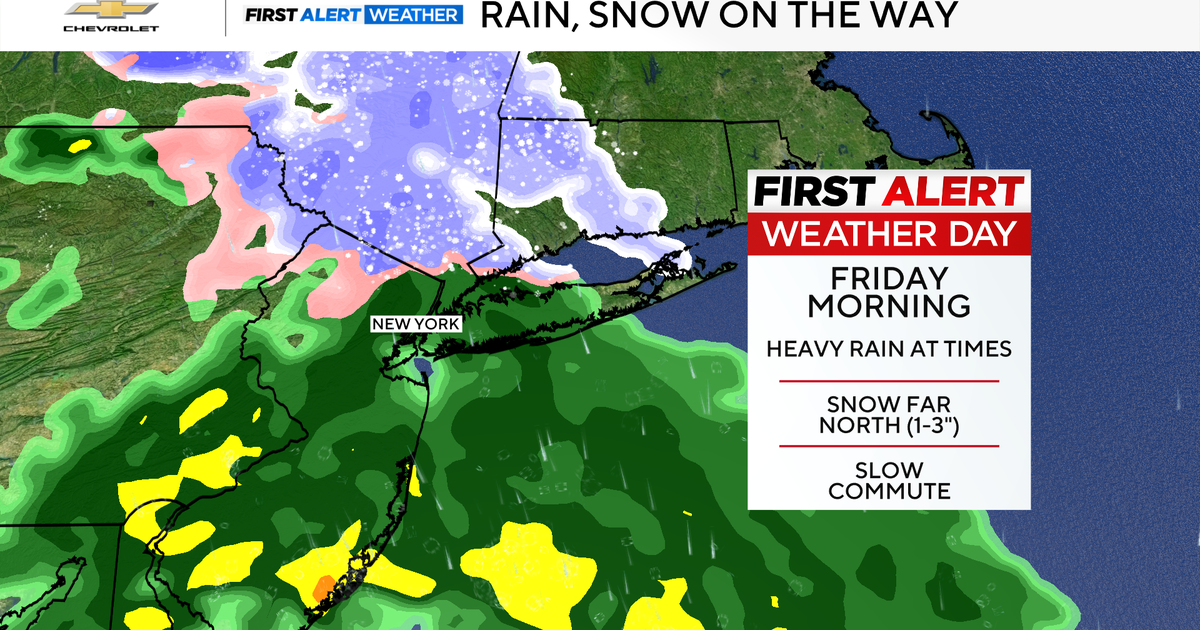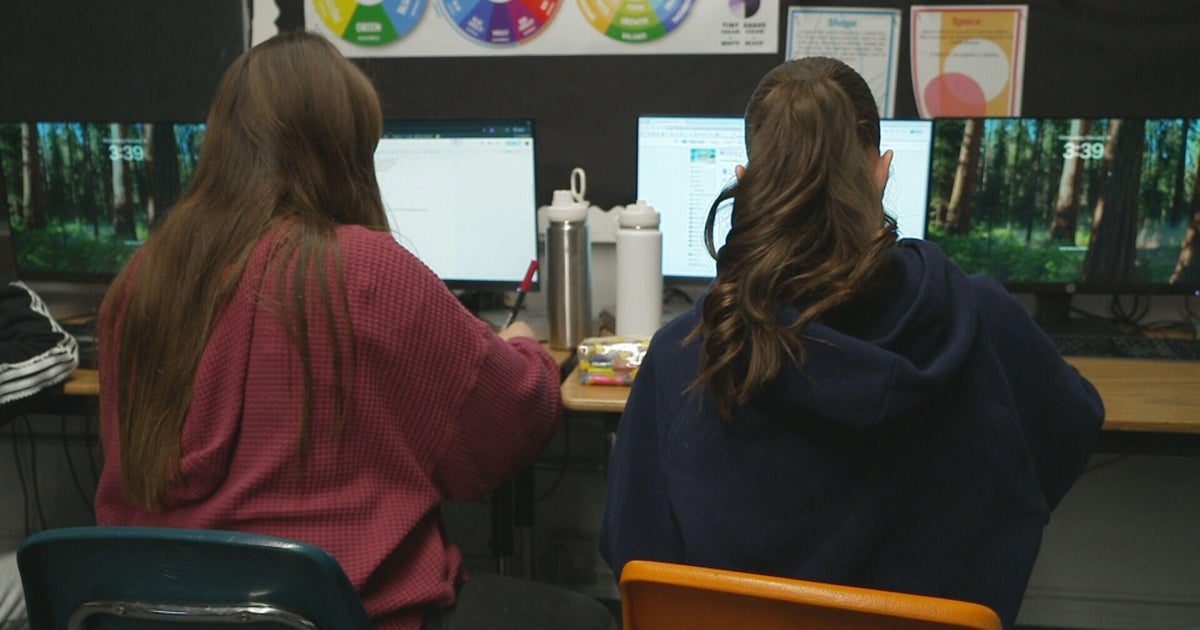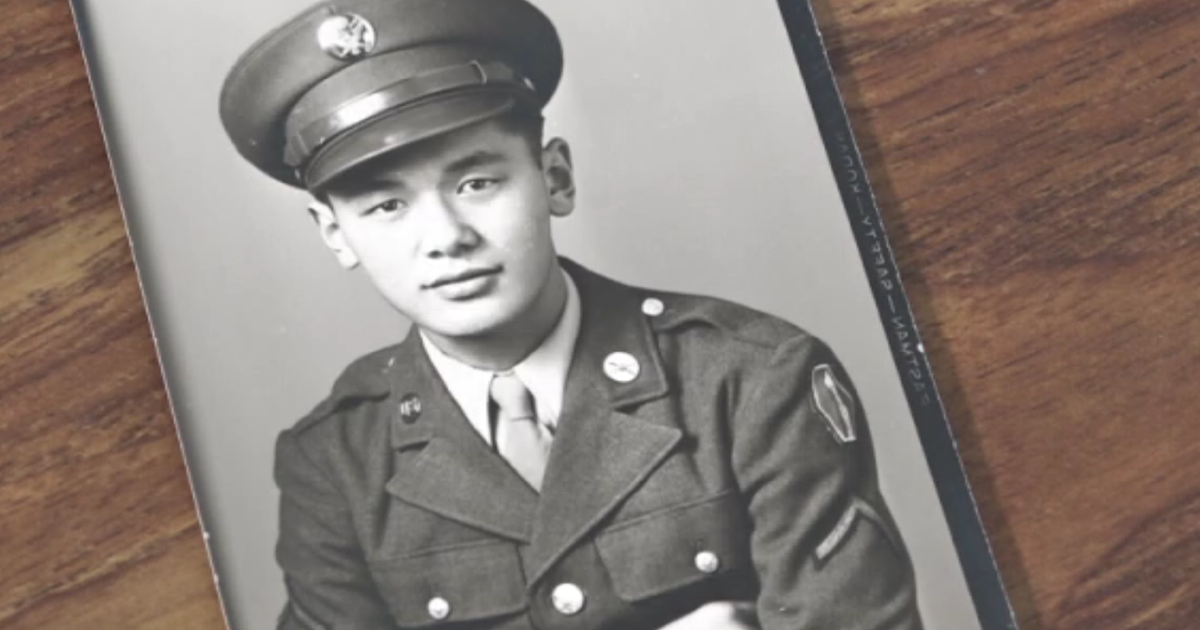The inside story of the Minnesota State Fair's Miracle of Birth Center
ST. PAUL, Minn. — It's one of the busiest buildings at the Minnesota State Fair for both animals and people.
"My day job is I'm a teacher. A high school teacher at Forest Lake, Minnesota, Forest Lake Area High School," said Mike Miron.
Even though classes don't begin for a few more days, Miron is already in teaching mode. He's a manager and advisor at the Miracle of Birth Center.
"We've actually been getting ready for this fair, pretty much during the previous fair," said Miron.
Just like a farmer they go from sunup to sundown, and there's tons of work that goes into getting a building ready to be an animal super nursery.
"Our day normally starts at 6 a.m., we normally go home at 10 p.m.," said Miron. "We have sheep lambing, we have swine farrowing, we've got eggs hatching."
It's been that like that since 2001. That's when the Miracle of Birth idea was born. It began as a collaboration between FFA, the University of Minnesota and the Veterinary Medical Association. The animals and volunteers then moved to their current location in 2006. About 200 calves, lambs and piglets are now born inside this building each year.
It's estimated that at least half of all fairgoers visit the Miracle of Birth Center, making it one of the most popular exhibits at the fair — and one of the most educational.
"Some good teaching moments. A lot of people want to know when the animals were born. What their names are," Michaela Olson said.
Olson is one of the volunteer veterinarians who works and sleeps here.
"It's hard but you set alarm, check on them every hour. There are a few of us who sleep here and are checking on the animals. That's the miracle of birth, you never know when it's going to happen exactly," said Olson.
No sooner did volunteers get the bedding ready than the first residents arrived, two days before the fair began. A couple of turkeys from Northfield.
"They'll puff up here as they calm down and get used to their surroundings. They'll start strutting around for the State Fair," said Peter Scharp with the Minnesota Turkey Growers Association.
When the birthing and hatching begins, keeping the animals cool is key.
And it's also about teaching visitors that caring for livestock is important. Not just during the Great Minnesota Get-Together, but year-round.
"We work really hard to make sure we have the answers for our fair guests when they come in so when they leave they can have more information about agriculture here in Minnesota, specifically animal agriculture," said Miron.
The animals you see come from farms across the state and return home when the fair is over. The CHS Miracle of Birth Center doesn't have dairy cows this year due to avian bird flu concerns, but you can still see baby calves. The exhibit is located next to the Lee and Rose Warner Coliseum.

